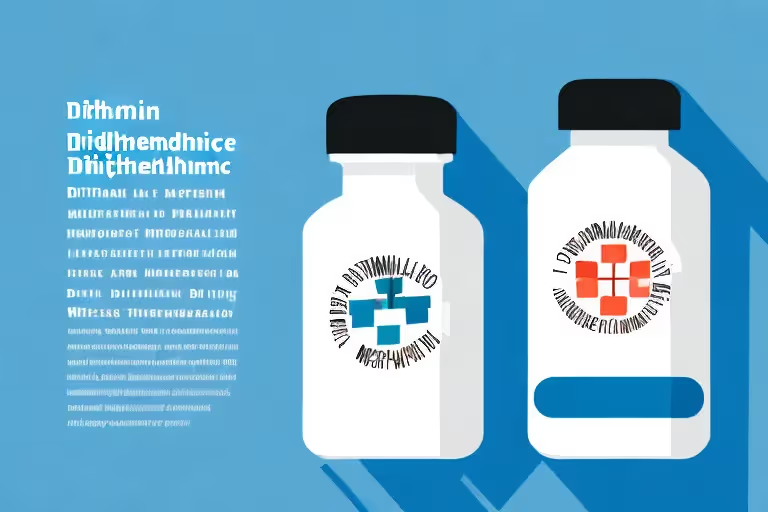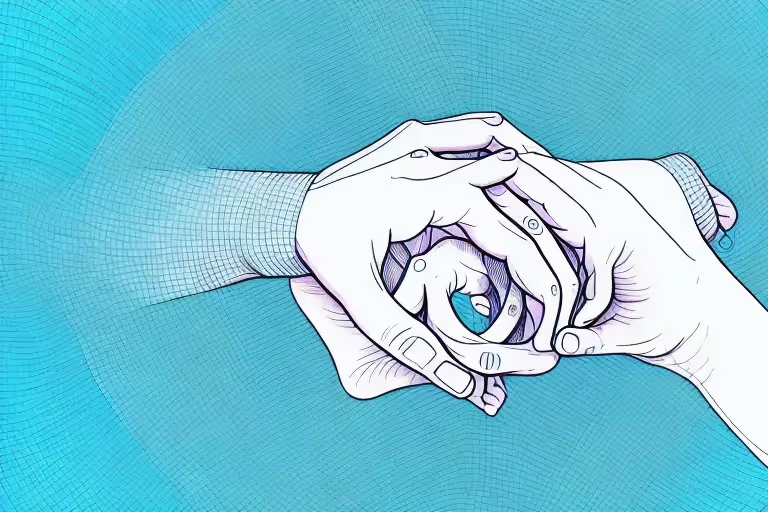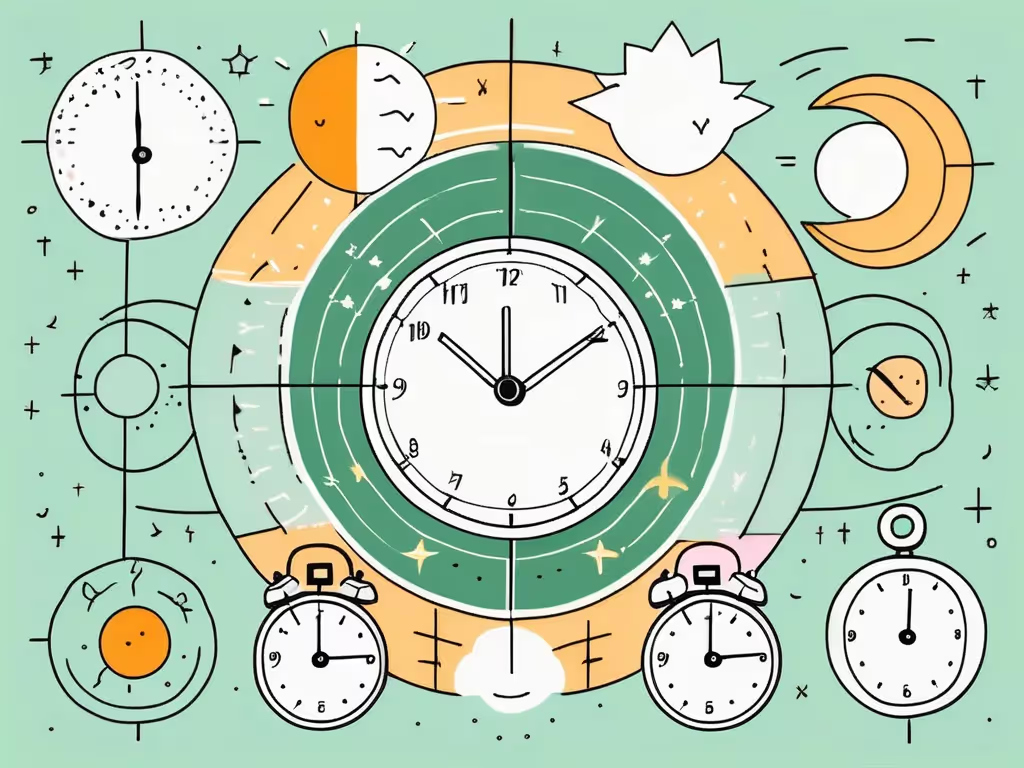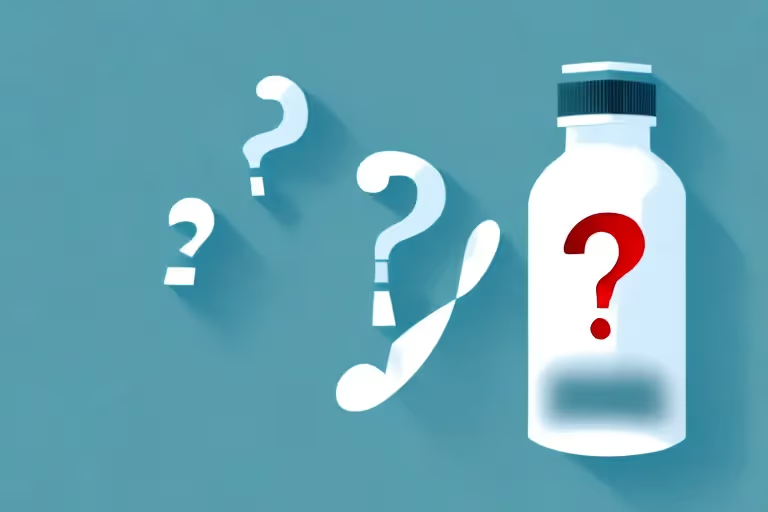Do you find it challenging to pronounce the word "Diphenhydramine"? Don't worry; you're not alone! This article aims to break down the pronunciation of Diphenhydramine into manageable parts, helping you confidently say it without stumbling. Let's dive in and master this tricky word step by step!
Understanding Diphenhydramine
Before we tackle the pronunciation, it helps to have a basic understanding of Diphenhydramine. So, what exactly is it? Diphenhydramine is an antihistamine medication commonly used to relieve symptoms like sneezing, itching, and watery eyes caused by allergies or the common cold. It can also be used as a sleep aid due to its sedative properties.
Diphenhydramine, also known by its brand name Benadryl, is a versatile drug that has been on the market for decades. It was first introduced in the 1940s and has since become a staple in many medicine cabinets around the world. Its effectiveness in treating allergy symptoms and promoting sleep has made it a popular choice for individuals seeking relief.
Now that we know what Diphenhydramine is, let's move on to how to say it correctly!
What is Diphenhydramine?
Diphenhydramine (pronounced: dip-in-hy-dram-een) is an over-the-counter medication that belongs to the antihistamine class of drugs. It works by blocking the effects of histamine, a natural substance produced by the body during an allergic reaction.
The discovery and development of antihistamines like Diphenhydramine revolutionized the treatment of allergies. Before their introduction, individuals suffering from allergies had limited options for relief. Antihistamines work by targeting the histamine receptors in the body, preventing histamine from binding and triggering the allergic response. This mechanism of action has proven to be highly effective in alleviating the uncomfortable symptoms associated with allergies.
Common Uses of Diphenhydramine
Thanks to its antihistamine properties, Diphenhydramine is commonly used to relieve various allergic symptoms. It can be your go-to remedy for sneezing, itching, and watery eyes caused by hay fever or other allergies. Additionally, Diphenhydramine's sedative effects make it an effective sleep aid for those struggling with occasional insomnia.
When it comes to allergies, Diphenhydramine offers relief for both seasonal and perennial allergies. Whether you're dealing with pollen in the spring or pet dander all year round, this medication can help alleviate your symptoms and improve your quality of life.
Moreover, Diphenhydramine's sedative properties have made it a popular choice for individuals seeking a good night's sleep. Many people struggle with occasional insomnia, and Diphenhydramine can provide the relaxation needed to drift off into a peaceful slumber. However, it's important to note that Diphenhydramine should only be used as a sleep aid on a short-term basis and under the guidance of a healthcare professional.
In conclusion, Diphenhydramine is a versatile medication that offers relief from allergy symptoms and aids in sleep. Whether you're dealing with sneezing, itching, or struggling to fall asleep, Diphenhydramine may be the solution you're looking for. However, as with any medication, it's important to read and follow the instructions carefully and consult with a healthcare professional if you have any concerns or questions.
Phonetic Breakdown of Diphenhydramine
Now let's dive deeper into the phonetic breakdown of Diphenhydramine, a word that may seem daunting at first glance. Understanding its phonetic structure will not only help us pronounce it more accurately but also unravel the fascinating linguistic elements within.
Breaking down Diphenhydramine syllable by syllable, we discover that it consists of six distinct syllables: Dip-hen-hy-dram-ine. Each syllable presents an opportunity to dissect the word and focus on the individual sounds, enabling us to tackle its pronunciation with confidence.
Syllable Division in Diphenhydramine
Let's take a closer look at each syllable in Diphenhydramine. The word begins with "Dip," followed by "hen," "hy," "dram," and ends with "ine." Each syllable contributes to the overall phonetic makeup of the word, creating a harmonious blend of sounds.
The first syllable, "Dip," starts with a sharp "d" sound, followed by a short "i" sound and ends with a soft "p" sound. Moving on to the second syllable, "hen," we encounter a smooth transition from the "h" sound to the "e" sound, ultimately concluding with a gentle "n" sound.
The third syllable, "hy," poses an intriguing combination of sounds. It commences with a breathy "h" sound, followed by a melodious "y" sound, which adds a touch of elegance to the word. As we progress to the fourth syllable, "dram," we encounter a rhythmic blend of the "d" sound, the rolling "r" sound, the soothing "a" sound, and the muted "m" sound.
Finally, we arrive at the last syllable, "ine," which begins with a soft "i" sound, followed by the gentle "n" sound, and concludes with the elegant "e" sound. When we combine all these syllables, the word Diphenhydramine comes to life, revealing its intricate phonetic structure.
Stress Patterns in Diphenhydramine
Understanding the stress patterns in Diphenhydramine is crucial for pronouncing it accurately and maintaining the right rhythm and flow. The primary stress in this word falls on the "hy" syllable, emphasizing the "hy" sound.
When pronouncing Diphenhydramine, remember to give extra weight to the "hy" syllable, allowing it to resonate with clarity. By doing so, you will infuse the word with the proper rhythm, ensuring that your pronunciation captures its essence.
Exploring the phonetic breakdown of Diphenhydramine not only enhances our ability to pronounce it correctly but also unveils the beauty of its linguistic composition. Each syllable contributes to the word's unique melodic quality, making it a captivating term to unravel.
Step-by-Step Guide to Pronouncing Diphenhydramine
Now that we have a good grasp of the basics, let's go through a step-by-step guide to pronouncing Diphenhydramine.
Pronouncing the First Syllable
Start by saying "dip." The "di" sounds like the word "dip," making sure to pronounce it like a short "i" sound. Keep the "p" sound clear and crisp.
Pronouncing the Middle Syllables
Next, move on to saying "hen," "hy," and "dram" individually. When pronouncing "hen," make the "h" sound softly before saying the "e" sound, like the word "hen." For "hy," pronounce the "h" sound and follow it with a long "i" sound. Lastly, "dram" sounds like the word "dram" but with a softer "d" sound.
Pronouncing the Last Syllable
Finally, it's time to pronounce the last syllable, "ine." The "i" sounds like the word "eye," and "ne" rhymes with the word "seen."
Common Mispronunciations of Diphenhydramine
Even though we've broken down the pronunciation step by step, there are still some common mispronunciations to be aware of. Let's explore them to ensure you avoid these errors.
Avoiding Common Errors
One common mistake is pronouncing it as "dif-in-hy-dram-een" instead of "dip-in-hy-dram-een." Remember to start the word with a "d" sound and pronounce the "i" in the first syllable as a short "i." Additionally, avoid dropping the "h" sound in the "hy" syllable. Pay attention to these details, and you'll be well on your way to mastering the pronunciation.
Tips for Remembering the Correct Pronunciation
Remembering the correct pronunciation can be challenging, especially with longer words like Diphenhydramine. To help you cement the pronunciation in your memory, let's explore some handy mnemonic devices and practice techniques.
Mnemonic Devices for Diphenhydramine
A helpful mnemonic device for remembering the pronunciation of Diphenhydramine is to break it down into smaller parts. Think of "dip hen" as if you were dipping a hen in a "hy" water stream, followed by a soft "dram" to put your mind at ease. Associating the word with visual images can make the pronunciation feel more natural and memorable.
Practice Techniques for Pronunciation
Practice makes perfect, and the same goes for pronunciation. Repeat the word Diphenhydramine out loud several times. Take it slow at first, focusing on each syllable. Gradually increase your speed as you feel more comfortable with the pronunciation. Additionally, try finding audio or video resources online that provide the correct pronunciation guide, allowing you to listen and repeat the word until it becomes second nature.
With consistent practice and a little patience, you'll soon be pronouncing Diphenhydramine like a pro!
Unlocking the Aura Health App's Full Potential
Ready to boost your overall well-being? The Aura Health App is here to guide you on your journey to a happier, healthier you. With a variety of mindfulness and stress-reducing techniques, the Aura Health App provides a seamless experience to help you relax, stay focused, and achieve your personal goals. Give it a try and unlock your inner peace today!
Aura is Your All In One App for Meditation, Mindfulness Wellbeing
Find peace every day with one app for your whole well-being. There is no one-size-fits-all solution to mental well-being. Aura is the first all-in-one wellness app that learns how to best help you. Discover an endless library of expert-created tracks for your well-being, all taught by the world’s best coaches, therapists, and storytellers. With Aura's personalized recommendations, you can find peace every morning, day and night.



.webp)






.avif)

%20(1).avif)


.avif)
.avif)
.webp)


.avif)


















































































































.avif)

















.svg)









